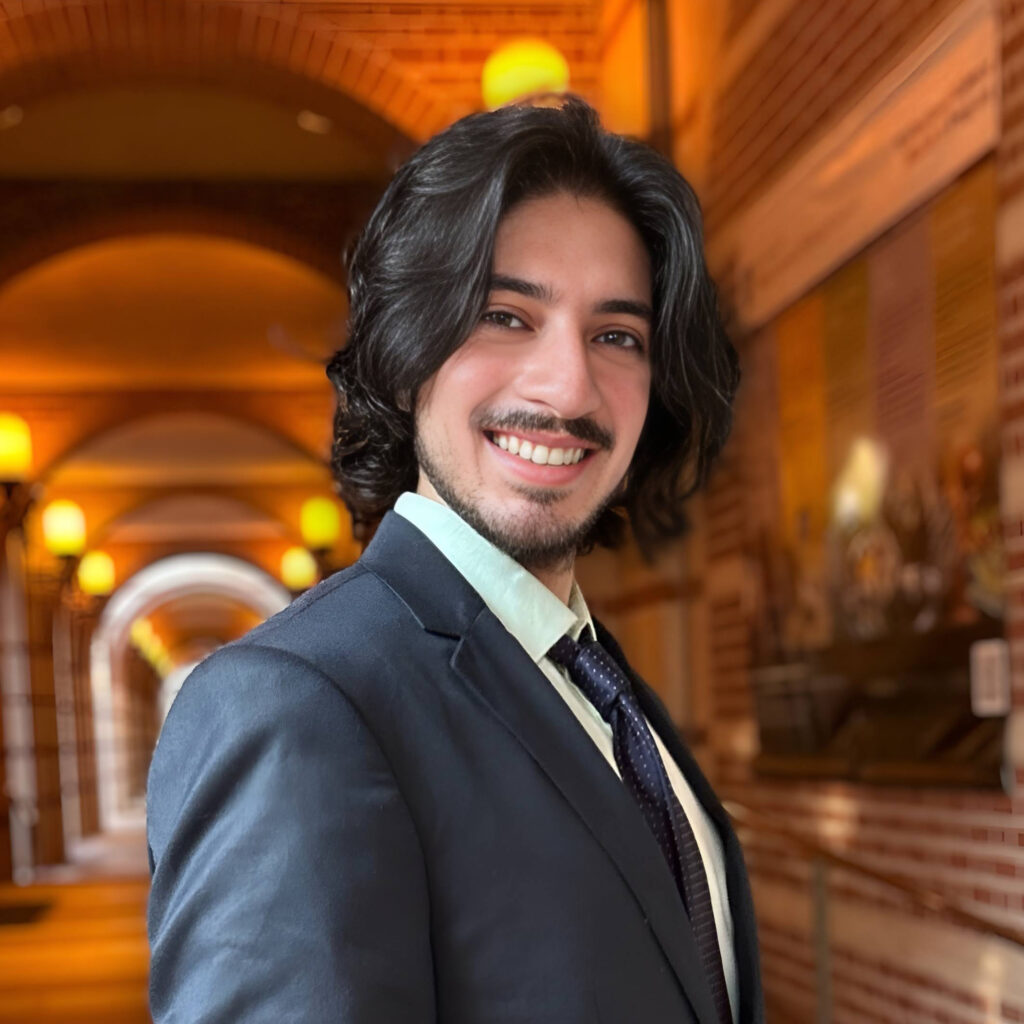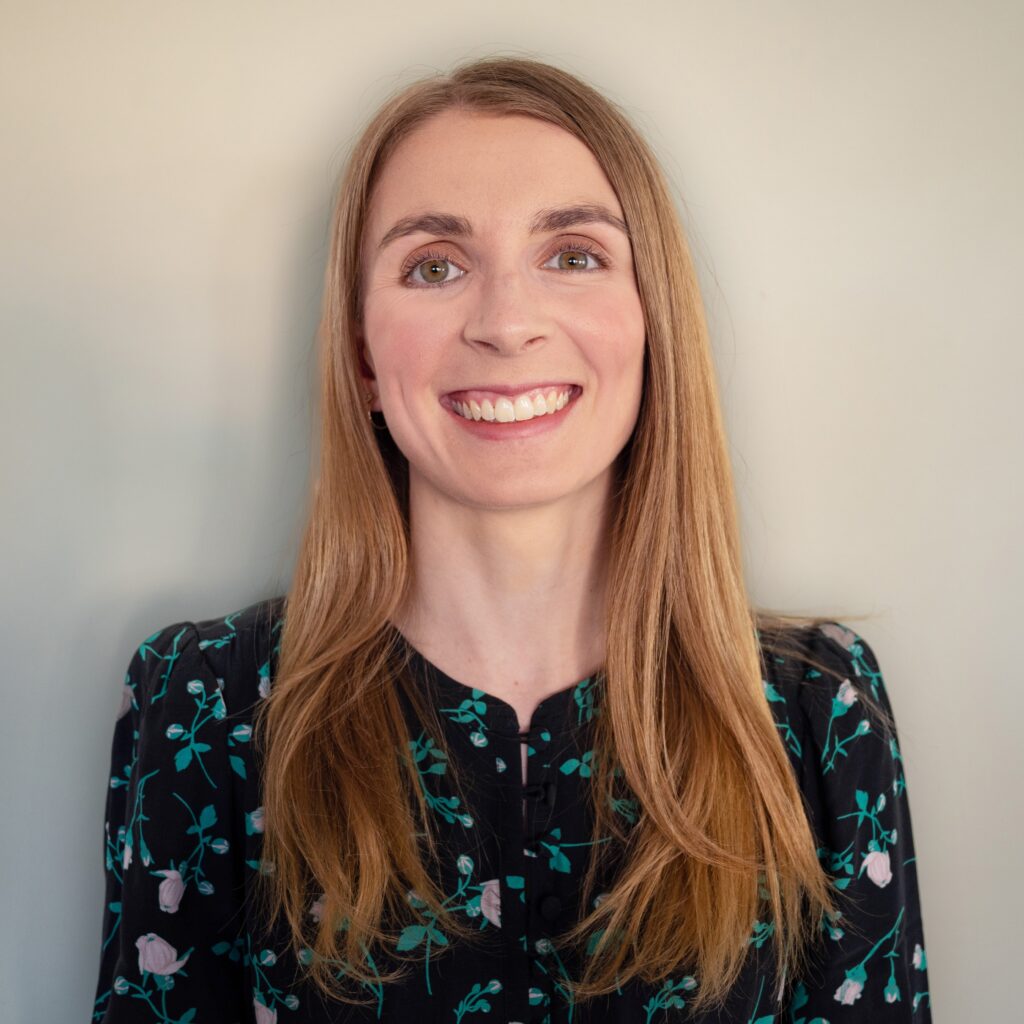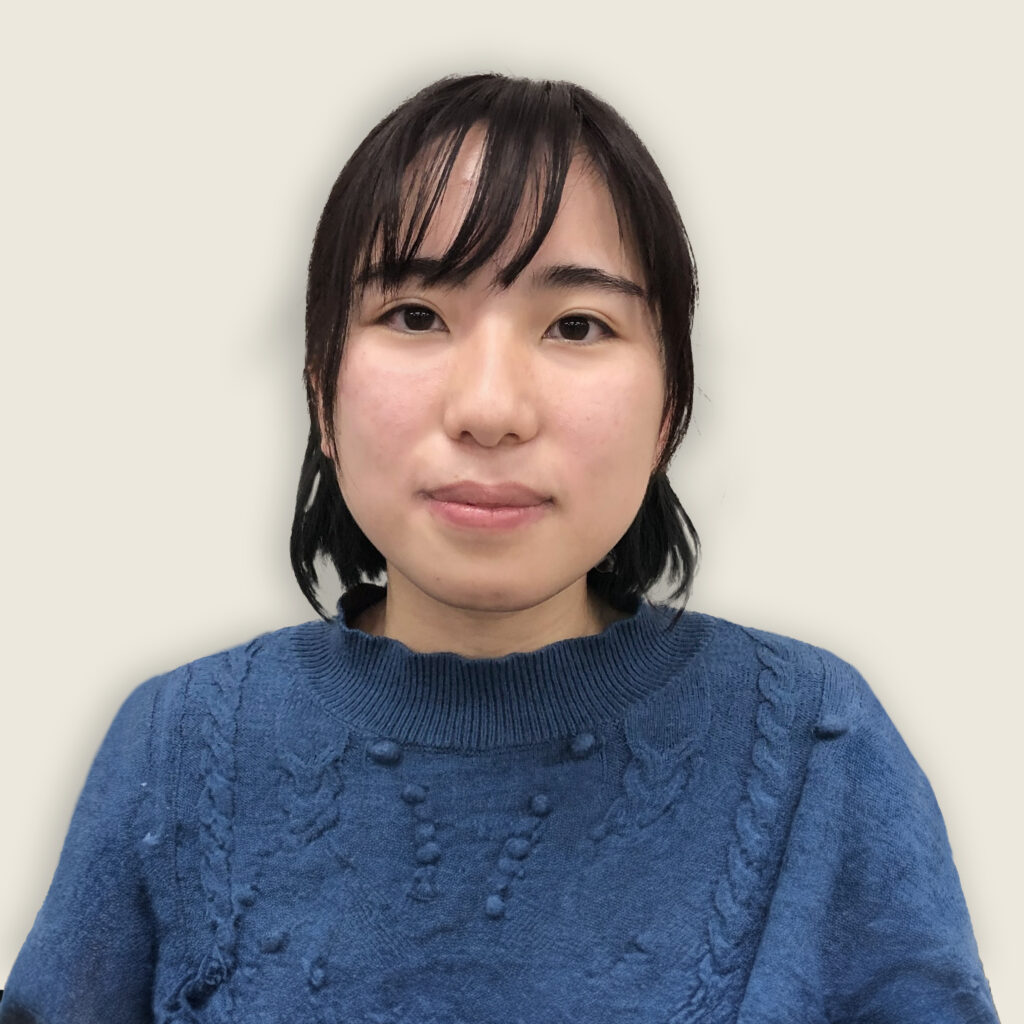In 2022-23, the Quad countries—Australia, India, Japan, and the United States—announced the inaugural class of Quad Fellows. This group gathered in the summer of 2023 for a week-long residential experience in Melbourne, Australia, participating in a dynamic blend of academic, industrial, governmental, and entrepreneurial events and panel sessions, along with fun excursions that brought minds and hearts together. The fellows are now pursuing their graduate education in the U.S., forming a network of highly motivated, hardworking, and diverse individuals in STEM who embody the principles and innovation of the Quad nations.
As four such Quad Fellows, we wish to share our unique experiences through the fellowship and across the breadth of our ongoing academic and professional pursuits in STEM. We aim to demonstrate how the true spirit of STEM transcends individual backgrounds, borders, and biases, fostering collaboration, cross-cultural understanding, and interdisciplinary innovation.

SATHVIK AJAY IYENGAR
My fascination with nanomaterials began in high school, inspired by scientific articles I browsed with my grandfather, and science projects with my neighbor, a retired astrophysicist. My interest deepened through undergraduate research at Indian Institute of Technology Madras and Massachusetts Institute of Technology. At Rice University, my Ph.D. focuses on 2D materials, the thinnest structures in the universe, with promising applications for future of electronics and computation using less power.
The Quad Fellowship’s emphasis on interdisciplinary collaboration has been crucial. Our hallmark residential experience inspired us all to pursue more ambitious goals in life— to use our collective voice for social impact. I was motivated to lead and draft a Policy Forum document with several Quad Fellows, sharing our perspectives as early-career STEM proponents, now prepared for submission. The fellowship not only provides a platform for such initiatives, but also creates lifelong friendships; a benefit that is often overlooked.

XAIMARIE HERNANDEZ CRUZ
Motivated by annual floods in my community, I began researching flood vulnerability in Puerto Rican regions during my undergraduate studies. The devastation caused by Hurricane María in 2017 highlighted challenges on the island like food insecurity, and led me to pursue a Ph.D. in Industrial Engineering, where I develop AI/Machine Learning-driven systems to detect changes in the U.S. produce market, reducing food waste and scarcity events.
The Quad’s initiatives, such as developing critical technologies for sectors in agriculture, are aligned with my career aspirations. These initiatives inspire young researchers like me to foster global collaborations for social good.
The Quad Fellowship inaugural cohort gave me a strong and cherished community, and provided me with the time and financial resources to achieve my program’s second milestone and disseminate my work through four publications and three conference presentations. Being part of the Quad Fellowship community has been an enriching experience, and I am eager to see it grow over the years to come.

EMMA HIBBERT
The 2019-20 Australian bushfires were a moment of national awakening. After witnessing the fire’s startling impacts on our biodiversity, I transitioned from a Bachelor of Medical Science to a major in Biodiversity Conservation. Four years later, this decision led me to pursue further studies in the United States.
The Quad Fellowship embodies principles of innovation needed to address common socio-ecological challenges. We need highly motivated STEM professionals, across nations, to make sustainability business as usual while considering diverse needs. The most valuable aspect of the Fellowship was the ability to find alignment in our values and research or learn from a new perspective. For example, between the authors of this article, each with distinct disciplinary backgrounds, there is a common motivation to enhance sustainability— be it in materials, supply chain, ecology, or the environment.
These experiences transcend academia. Recently, I visited India for a wedding. The comradery support from the cohort bolstered my connection to the Quad Fellowship and its mission to unify researchers amongst our nations. As I wrap up my master’s degree, I’m looking forward to applying my climate resilience research in the public sector whilst drawing expertise from the extensive networks made possible by the Quad.

SERINA SUZUKI
I have a deep fascination with wildlife’s astonishing abilities. Inspired by birds’ ability to navigate vast distances, my research is focused on the neuronal mechanisms in genetically similar birds with different behaviors, like migrants and non-migrants.
Although this complex and fundamental research may seem distant from immediate human concerns, studying birds, which share many behaviors and genes with us, can offer profound insights. The Quad Fellowship and my extensive interactions with my classmates helped to inform how my research influences our day-to-day lives.
For example, I learned about the potential social impact of my field by participating in a group competition with a fellow of a similar academic background, where we developed new services leveraging our specialties. Although still an early-stage researcher, I have begun preparing for future challenges by receiving training on effectively communicating my research and enhancing my outreach skills. All these experiences have provided an inspiring start to my doctoral journey, and I am eager to apply what I have learned from this fellowship to my future research.
Our experiences reinforce the value of worldwide collaboration in driving meaningful research and innovation, enabling STEM to transcend borders. We have seen firsthand how diverse cultural origins and upbringings bring unique problem-solving styles to the STEM field. Fellowships like the Quad bring people together to truly “innovate interdisciplinary solutions in a fragmented world”—the theme of our unifying experience in Melbourne. Expanding such initiatives globally will further enhance our collective ability to address complex challenges that affect all of humankind.
